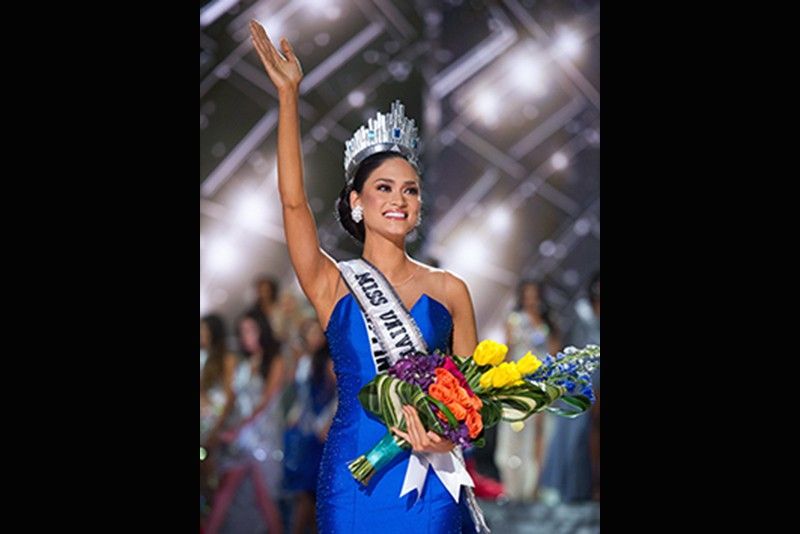Miss understood

MANILA, Philippines - I was never really into beauty pageants. Not to sound condescending or anything, but I never really got the appeal of it.
The first time I got dolled up for a contest (though it wasn’t a beauty pageant per se), I remembered hating every single moment of it — makeup brushes itchy on the skin, rough and tight-fitting dresses forced upon my frame. Knowing this type of torture, I’d then look at beauty contestants and wonder how they were able to live through this on a regular basis. I never understood how people put up with the horrors of makeup, exercise, diet routines, and a potentially uncomfortable wardrobe. Or why beauty pageants existed in the first place — parading in the most superfluous of costumes only to be judged by one’s physical attributes didn’t seem fun at all.
This conception continued throughout most of my childhood — that beauty pageants were this oppressive way to capitalize on an insane standard of attractiveness and the objectification of women. My dislike for beauty pageants, however, was rivaled by my younger sense of nationalism — a fact that would, ironically, pull me into the world of beauty pageants in the end.
I have Miss Universe to thank for that. It began when Shamcey Supsup won 3rd Runner-Up in the 2011 Miss Universe Pageant. Interestingly enough, it wasn’t the fact that she’d been three positions closer to clinching the gold that got me interested — it was because she was a UP architecture graduate, and a licensure exam-topper as well. With a personal vendetta against all things pageantry, it never really occurred to me that you could be a star student and a beauty queen at the same time.
Then came Janine Tugonon — 1st Runner-Up in the 2012 Miss U, cum laude graduate, and a licensed pharmacist. This time around, I was almost sure that the universe (pun intended) was trying to tell me something, loud and clear.
Nowadays, I don’t really look at contestant credentials as much. It didn’t matter to me as much when Megan Young took the Miss World 2013 title, or when Pia Wurtzbach championed Miss U in 2015. But I’ve stopped looking down on pageants ever since. The moment when you realize the one thing you hated for so long could actually inspire you is one you never forget.
I sometimes wonder if I’d feel the same way I do some decades ago, when Miss Universe seemed to champion youth and grace above all else. But even if the standards change throughout the ages, maybe it doesn’t matter. There’s always going to be a link between pageantry and beauty. It’s what they’re made for, after all — a way to celebrate all that is beautiful. But if beauty pageants are built on the concept of beauty, what does it mean to be beautiful? To be a contestant in these pageants? And perhaps, the more pressing question: What is beauty?
Maybe that’s what beauty pageants are for nowadays. By parading the best and most beautiful, they in turn showcase varying types and aspects of beauty — the contestants as living answers to this age-old conundrum. It’s something that goes beyond mere credentials, mere merits; as if to say that anyone is capable of achieving such an ideal. Becoming a contestant in these pageants then warrants a sort of privilege: to get into the bigger pageants means that you have successfully embodied what it means to be beautiful, in all aspects, in all respects. When a winner is finally crowned, it is no surprise when we feel awe when looking upon her.
Perhaps it is with this rationale, for instance, that we see contestants being lauded for their accomplishments and advocacies. And instead of being the be-all and end-all, physical appearances now serve as a representation of who they are, what they believe in — making them all the more beautiful.
And perhaps this is the needed reprieve we all need. In a time of constant ugliness — evidenced by poverty, war, a lack of truth, a lack of respect for women — sometimes we need a reminder of what beauty is, even in a world that sees much less of it. Never in my wildest dreams did I think I’d find myself saying that Miss Universe could be one of the defining points of our society, but here it is.















